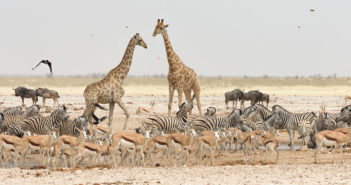
Four African Nations Push for Trade in Endangered Wildlife
South Africa, DRC, Namibia and Zimbabwe believe they should be able to sell threatened wildlife species on global markets.

South Africa, DRC, Namibia and Zimbabwe believe they should be able to sell threatened wildlife species on global markets.
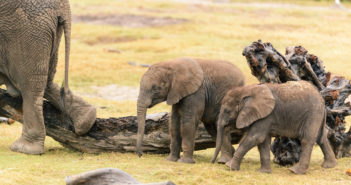
United States zoos now plan to import baby elephants from Zimbabwe, undeterred by the international uproar over their 2016 import of 18 wild elephants from Swaziland.

The Association of Zoos and Aquariums has announced that it will phase out the use of bullhooks—cruel weapons used on captive elephants to force them to do the bidding of human masters.
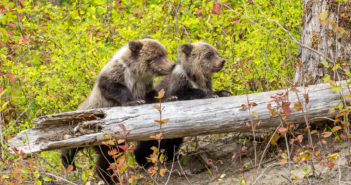
Recognizing that extinction is irreversible, the U.S. did in 1973 what no country had done before: It established a commitment to protect and restore imperiled species. These six creatures are among the countless species saved from extinction in the last four decades.
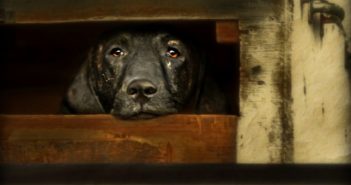
Over 30 animals of various species were rescued from cruel conditions in Crete, and the man responsible was arrested. This type of large-scale rescue followed by legal action is very rare in Greece.

In the video, the elephants are forced to perform tricks and show signs of immense stress. Once again, this shows that entertainment trumps while the elephants’ welfare is pushed aside.
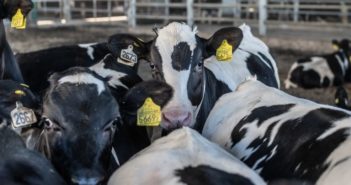
Plant-based milks are better for animals and our planet, and dairy revenue is plummeting because people know it. This Thursday, celebrate the worldwide switch from dairy to dairy alternatives.
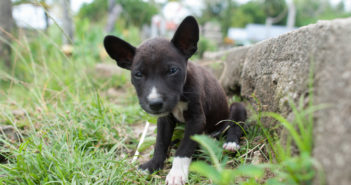
Recent moves to end dog meat eating in an area of Central Java are expected to save 2,000 dogs a month.

Research demonstrates a direct link between animal cruelty and interpersonal violence, including intimate partner abuse, child abuse, and elder abuse.
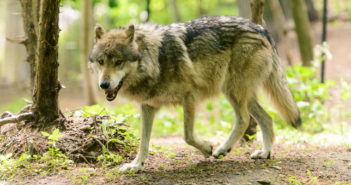
In Washington state, wild wolves are exhibiting their natural behavior, preying on cattle, and are being killed for it. These actions harm wolves, waste tax dollars, and don’t even work to deter depredations.

Animal protection is one of the fastest developing areas of public interest law. This new clinic will be able to leverage all of Harvard University’s strengths and resources to train a new generation of leaders for the animal protection movement.
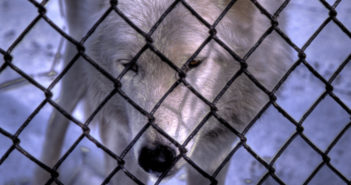
Fur-Ever Wild is a Minnesota-based business that displays wolves and other wildlife in a roadside zoo, breeds wolf pups for petting interactions, and later skins the wolves for their pelts, which are sold for a profit.